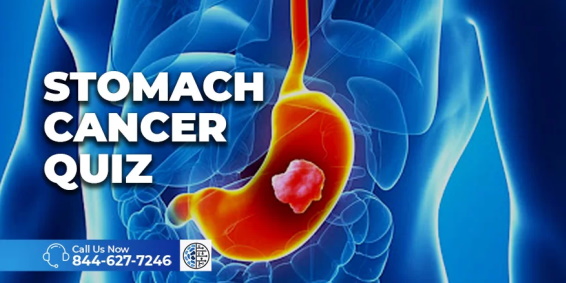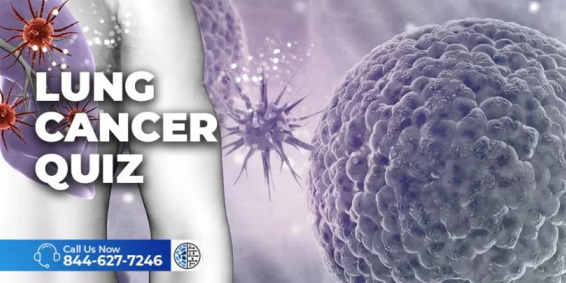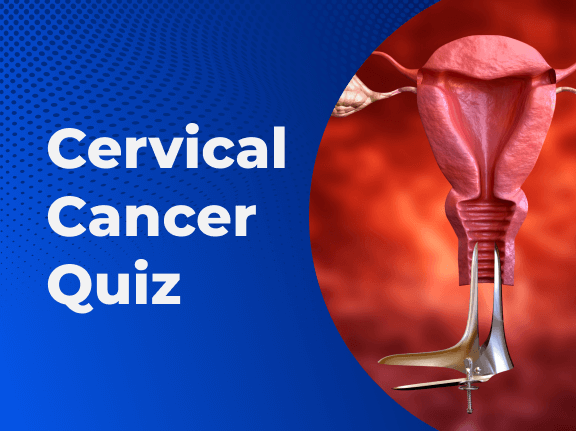
Bile Duct Cancer Quiz
This online assessment takes only 2 minutes. It will help you find the right clinical trials for you.

Fiona Evans
We ask this to determine which clinical trials you may be eligible for.
If you need to contact us right away?
Call +1 844 627 7246Your personal data is fully confidential and 100% secure
The Bile Duct Cancer (Cholangiocarcinoma) Quiz provides an introduction including information about the diagnosis, treatment, and number of cases of Bile Duct cancer in the United States. The bile duct system, or “biliary” system, is made up of a series of tubes that start in the liver and end in the small gut. Prior to diagnosis, bile duct cancer might not cause any symptoms, or they are often difficult to spot.
The Bile Duct Cancer (Cholangiocarcinoma) Quiz explains the origin of bile duct cancer, which is detected using an MRI. An MRI is the most common imaging method, because of the ability to produce an image of the tumor itself, the biliary ducts and the blood vessels, all of which are essential for determining if the tumor can be removed surgically.
What are the signs and symptoms of Bile Duct Cancer (Cholangiocarcinoma)?
Personal History and bodily examination are key clues for the analysis of bile duct cancer. The historical past usually consists of reviewing alcohol use, drug use, or recent sicknesses which may be associated with hepatitis, or irritation of the liver.
Late prognosis is common with this cancer type. Most cases of bile duct cancer are discovered after the cancer has grown large enough to trigger signs or symptoms. The most common symptom is jaundice, a yellowing of the skin and eyes, which is caused by a blocked bile duct. This blockade prevents bile drainage from the liver into the gallbladder and intestine. Depending upon the place the blockage occurs, this can lead to inflammation of the liver (hepatitis) and/or pancreas (pancreatitis).
Although there is a minimum of three staging techniques for cholangiocarcinoma, they have not been proven to be useful in predicting survival rates. The most important staging concern is whether the tumor could be surgically eliminated, or whether it is too advanced for surgical treatment to be successful. However, stenting, chemotherapy, radiotherapy, and surgery can often be used to assist relieve the symptoms. Since the operability of the tumor can only be assessed throughout surgery in most cases, many patients endure exploratory surgery except there may be already a clear indication that the tumor is inoperable.
Almost Done!
Please complete the required fields and we will send results to your email.
You have completed the quiz.
0 out 0 answers are correct

We ask this to determine which clinical trials you may be eligible for.
Fiona Evans Massive Bio Patient Relations CoordinatorIf you need to contact us right away?
Call +1 844 627 7246Your personal data is fully confidential and 100% secure

© 2024 Massive Bio. All rights reserved








